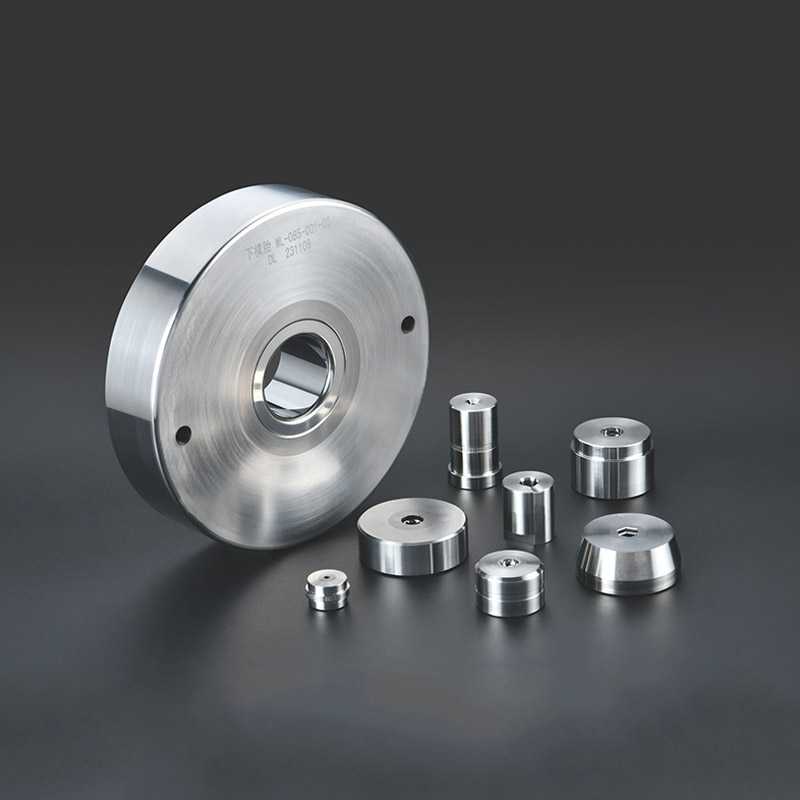Heading Screw Molds are essential tools in the mass production of fasteners, playing a pivotal role in shaping the efficiency and consistency of the manufacturing process. These molds are specifically designed to form the heads of screws, bolts, and other fasteners by compressing metal blanks into the desired shape. With their ability to facilitate high-volume output and maintain uniform product quality, Heading Screw Molds are integral to the fastener manufacturing industry.

High-Volume Output
One of the primary advantages of Heading Screw molds is their capacity to support high-volume production. In fastener manufacturing, the demand for thousands, if not millions, of screws and bolts per day is common. Heading Screw Molds are designed to operate efficiently within automated systems, allowing manufacturers to produce fasteners at a rapid pace without compromising quality. The use of multiple mold cavities and automatic feeding systems further optimizes the process, enabling continuous production with minimal downtime.
The design of these molds allows for quick cycles, which is crucial in meeting the demands of large-scale production. As metal blanks are fed into the mold, the molding process is executed quickly, forming multiple fasteners in a matter of seconds. This high-speed production is key to meeting tight deadlines and fulfilling bulk orders, making heading screw molds indispensable in industries where large quantities of fasteners are required.
Consistency in Product Quality
Another significant benefit of heading screw molds is their ability to ensure consistency in the quality of the fasteners produced. In mass production, maintaining uniformity across each item is essential for meeting the stringent quality standards required by various industries, including automotive, aerospace, and construction. Heading screw molds are precisely engineered to deliver accurate dimensions and surface finishes, ensuring that each fastener meets the specified tolerances.
The uniformity of screw heads produced by heading molds is critical for their proper functioning in assembly applications. Inconsistent screw heads could lead to issues such as improper fitment, reduced strength, or failure to lock securely, which could compromise the integrity of the final product. By utilizing heading screw molds, manufacturers can maintain tight control over every aspect of the screw’s geometry, including head shape, size, and surface texture, ensuring a high-quality output that meets the required specifications.
Durability and Longevity
Heading screw molds are designed to withstand the high pressures and intense forces associated with the heading process. The durability of these molds is essential in a high-volume production environment, where they are subjected to constant wear and tear. The longevity of the mold directly impacts the cost-effectiveness of the manufacturing process, as frequent mold replacements can lead to increased production costs.
Advanced materials such as high-carbon tool steels and carbide coatings are often used in the construction of heading screw molds to enhance their lifespan and resistance to wear. Proper maintenance and regular inspections are also crucial to prolong the mold’s operational life. With good maintenance practices, heading screw molds can operate for extended periods, reducing the need for frequent replacements and ensuring continuous production.
In the mass production of fasteners, heading screw molds are indispensable tools that facilitate high-volume output and ensure the consistency and quality of each product. These molds help manufacturers meet the rigorous demands of industries requiring large quantities of fasteners while maintaining the precision necessary for reliable performance. By supporting efficient production cycles, ensuring uniformity, and offering durability, heading screw molds play a key role in optimizing the fastener manufacturing process, contributing to both cost-effectiveness and product excellence.











